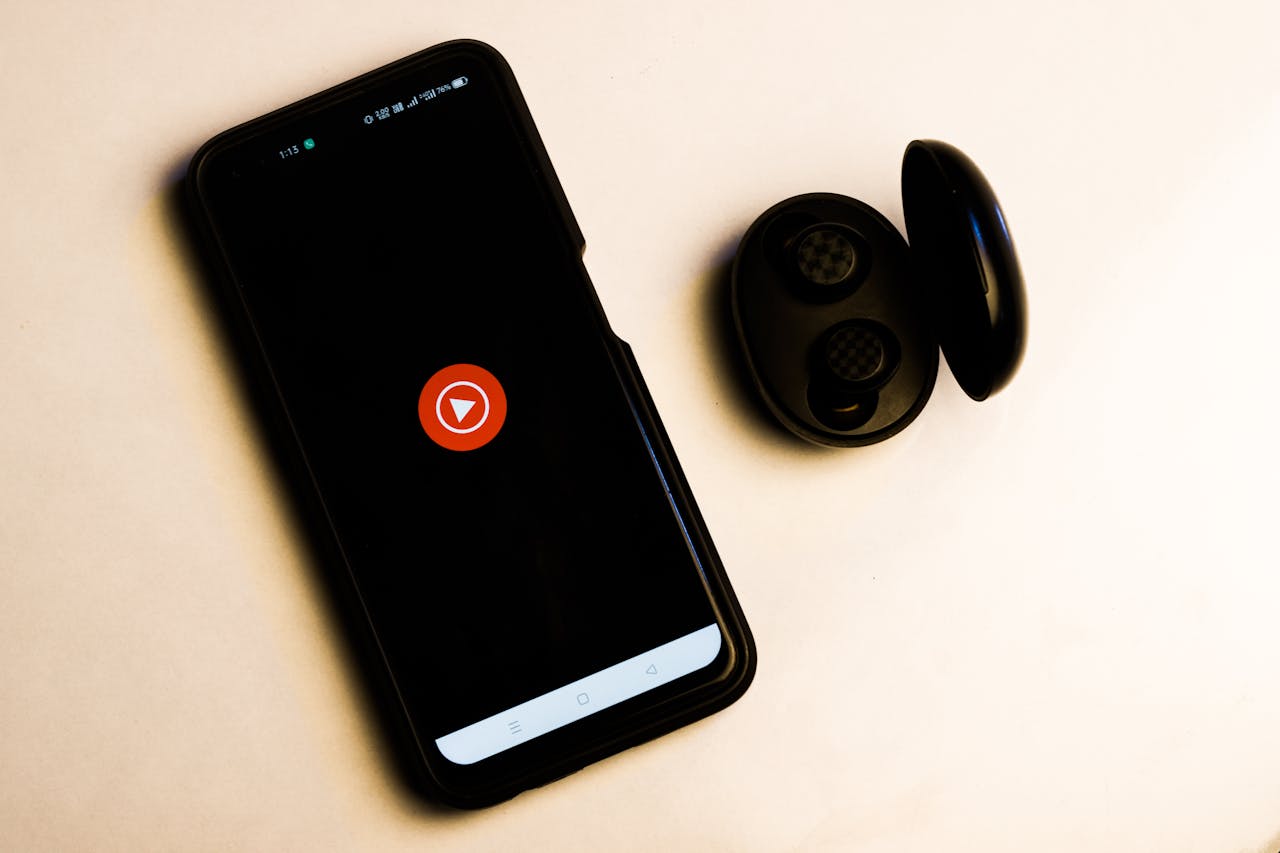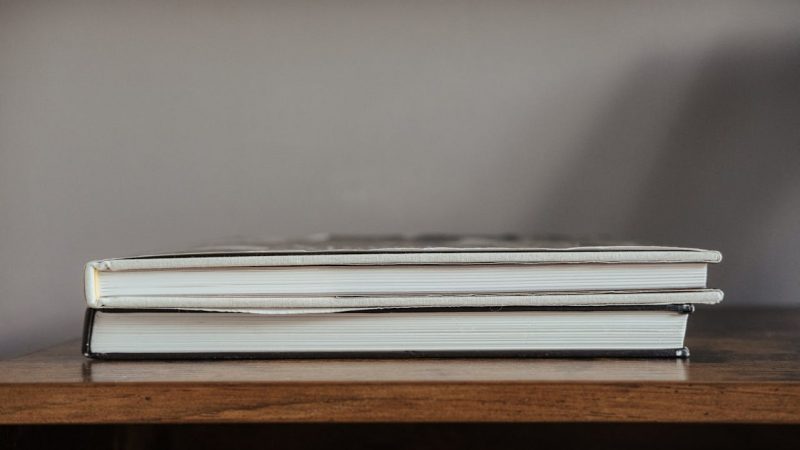How to cite an Audiobook in APA, MLA, and Chicago: A Complete Guide

Citing sources is an essential part of academic writing, as it allows you to give credit to the original authors and provide evidence for your arguments. However, when it comes to audiobooks, many students and researchers are unsure about how to properly cite them. This is because audiobooks are a relatively new format, and the citation guidelines for them are not as well-known as those for printed books. Failing to cite audiobooks correctly can lead to plagiarism, which is a serious academic offense. It can also make it difficult for your readers to find and verify the sources you used, which can undermine the credibility of your work. In this blog post, we will provide you with a complete guide on how to cite audiobooks in different citation styles, including APA, MLA, and Chicago. We will also cover some common mistakes to avoid and provide tips for avoiding plagiarism. By the end of this post, you will have all the information you need to properly cite audiobooks in your academic writing.
I. Basic Elements of an Audiobook Citation
When citing an audiobook, it is important to include the following basic elements to ensure your citation is accurate and complete:
- Title of the Audiobook: Begin your citation with the title of the audiobook. It should be italicized or underlined, depending on the citation style you are using.
- Author(s) or Editor(s): Include the name(s) of the author(s) or editor(s) of the audiobook. If there are multiple authors, list them in the order they appear on the audiobook.
- Version of the Audiobook: Specify whether the audiobook is unabridged or abridged. This information helps readers understand the scope of the content.
- Publisher: Include the name of the publisher of the audiobook. This information helps readers locate the audiobook.
- Publication Date: Provide the publication date of the audiobook. This allows readers to assess the currency of the information.
- Medium: Clearly indicate that the source is an audiobook to differentiate it from other formats.
- URL or DOI: If the audiobook is accessed online, include the URL or DOI to direct readers to the source.
By including these basic elements in your audiobook citation, you can ensure that your sources are properly credited and easily accessible to your readers.
II. Citing Audiobooks in Different Citation Styles
The citation format for audiobooks can vary depending on the citation style you are using. Here are the guidelines for citing audiobooks in APA, MLA, and Chicago styles:
A. APA Style:
- Author’s Last name, First initial. (Year). Title of the audiobook (Edition, if applicable) [Audiobook]. Publisher. URL or DOI
- Example: Smith, J. (2020). The Great Gatsby Audiobook. Penguin Random House Audio. https://www.audible.com/pd/B081N5LQC7
B. MLA Style:
- Last name, First name. Title of the Audiobook. Version, Publisher, Publication Date. Medium.
- Example: Smith, Jay Gatsby. The Great Gatsby. Unabridged, Penguin Random House Audio, 2020. Audiobook.
C. Chicago Style:
- Last name, First name. Title of the Audiobook. Version. Publisher, Publication Date. URL or DOI.
- Example: Smith, Jay Gatsby. The Great Gatsby. Unabridged. Penguin Random House Audio, 2020. https://www.audible.com/pd/B081N5LQC7
It is important to note that these are just basic guidelines, and you should consult the official citation style guides for more detailed instructions and examples. By following these guidelines, you can ensure that your audiobook citations are accurate and consistent with the citation style you are using.
IV. Citing Audiobooks with Multiple Contributors
When citing an audiobook with multiple contributors, such as an author and a narrator, you should include both names in the citation. Here are the guidelines for citing audiobooks with multiple contributors in APA, MLA, and Chicago styles:
A. APA Style:
- Author’s Last name, First initial. & Narrator’s Last name, First initial. (Year). Title of the audiobook (Edition, if applicable) [Audiobook]. Publisher. URL or DOI
- Example: Fitzgerald, F. S. & DiCaprio, L. (2020). The Great Gatsby Audiobook. Penguin Random House Audio. https://www.audible.com/pd/B081N5LQC7
B. MLA Style:
- Last name, First name (of the author) and Last name, First name (of the narrator). Title of the Audiobook. Version, Publisher, Publication Date. Medium.
- Example: Fitzgerald, F. Scott and DiCaprio, Leonardo. The Great Gatsby. Unabridged, Penguin Random House Audio, 2020. Audiobook.
C. Chicago Style:
- Last name, First name (of the author) and Last name, First name (of the narrator). Title of the Audiobook. Version. Publisher, Publication Date. URL or DOI.
- Example: Fitzgerald, F. Scott and DiCaprio, Leonardo. The Great Gatsby. Unabridged. Penguin Random House Audio, 2020. https://www.audible.com/pd/B081N5LQC7
When citing audiobooks with multiple contributors, it is important to clearly distinguish between the author and the narrator, as they may have different roles in the creation of the audiobook. By following these guidelines, you can ensure that your citations accurately reflect the contributions of all the individuals involved in the production of the audiobook.
III. Citing Audiobooks with No Known Author
Sometimes, you may encounter an audiobook with no known author, such as a collection of poetry or a series of lectures. In these cases, you can still cite the audiobook by following these guidelines for APA, MLA, and Chicago styles:
A. APA Style:
- Title of the Audiobook (Year). Version, Publisher. URL or DOI
- Example: The Complete Poems of Emily Dickinson (2015). Audiobook, Blackstone Audio. https://www.audible.com/pd/B01N5KQ0X2
B. MLA Style:
- Title of the Audiobook. Version, Publisher, Publication Date. Medium.
- Example: The Complete Poems of Emily Dickinson. Audiobook, Blackstone Audio, 2015.
C. Chicago Style:
- Title of the Audiobook. Version. Publisher, Publication Date. URL or DOI.
- Example: The Complete Poems of Emily Dickinson. Audiobook. Blackstone Audio, 2015. https://www.audible.com/pd/B01N5KQ0X2
When citing an audiobook with no known author, you should use the title of the audiobook in place of the author’s name in the citation. It is also important to include the version and publisher information to help readers locate the audiobook. By following these guidelines, you can ensure that your citations accurately reflect the content of the audiobook, even if the author is unknown.
V. Common Mistakes to Avoid
When citing audiobooks, there are some common mistakes that you should avoid to ensure your citations are accurate and complete. Here are some of the most common mistakes to avoid:
- Forgetting to include the medium: When citing an audiobook, it is important to include the medium (e.g. [Audiobook], Audiobook, or Audiorecording) to distinguish it from other formats.
- Incorrectly formatting the title: The title of the audiobook should be italicized or underlined, depending on the citation style you are using.
- Omitting the version: If the audiobook is unabridged or abridged, you should specify the version in your citation.
- Using the wrong publication date: Make sure to use the publication date of the audiobook, not the original publication date of the printed book.
- Forgetting to include the URL or DOI: If the audiobook is accessed online, you should include the URL or DOI to direct readers to the source.
- Inconsistent formatting: Make sure to follow the same formatting conventions throughout your citations to ensure consistency.
By avoiding these common mistakes, you can ensure that your audiobook citations are accurate and complete, and that your readers can easily locate and verify the sources you used.
VI. Conclusion
Citing audiobooks correctly is essential for academic integrity and credibility. By following the guidelines outlined in this blog post, you can ensure that your audiobook citations are accurate and complete, regardless of the citation style you are using.
Remember to include all the necessary information, such as the title, author, version, publisher, publication date, and medium. If the audiobook has multiple contributors, make sure to distinguish between the author and the narrator. If the audiobook has no known author, use the title in place of the author’s name.
Avoid common mistakes such as forgetting to include the medium, incorrectly formatting the title, omitting the version, using the wrong publication date, forgetting to include the URL or DOI, and being inconsistent in your formatting.
By following these guidelines, you can ensure that your audiobook citations accurately reflect the content of the audiobook and provide your readers with the necessary information to locate and verify the sources you used. Happy citing!
VII. References
Here are some references that you can use to learn more about how to cite audiobooks in different citation styles:
- APA Publication Manual (7th ed.). (2020). American Psychological Association.
- MLA Handbook (9th ed.). (2021). Modern Language Association of America.
- The Chicago Manual of Style (17th ed.). (2017). University of Chicago Press.
- Citing Audiobooks in APA Style: https://apastyle.apa.org/style-grammar-guidelines/
- Citing Audiobooks in MLA Style: https://style.mla.org/works-cited/citations-by-format/
- Citing Audiobooks in Chicago Style: https://www.chicagomanualofstyle.org/
These resources can provide you with more detailed instructions and examples for citing audiobooks in different citation styles. By consulting these resources, you can ensure that your citations are accurate and consistent with the citation style you are using.
N.B. “Unabridged” means that the audiobook contains the complete and full version of the original work, including all chapters, paragraphs, and sentences in their original format. It is not shortened or edited in any way. This is in contrast to abridged audiobooks, which are shortened versions of the original work, with content edited down to include only the most essential parts of the story. Unabridged audiobooks are often preferred by readers who want the complete story and a more immersive experience, while abridged audiobooks may be more suitable for readers who are short on time or prefer a more straightforward listening experience.



